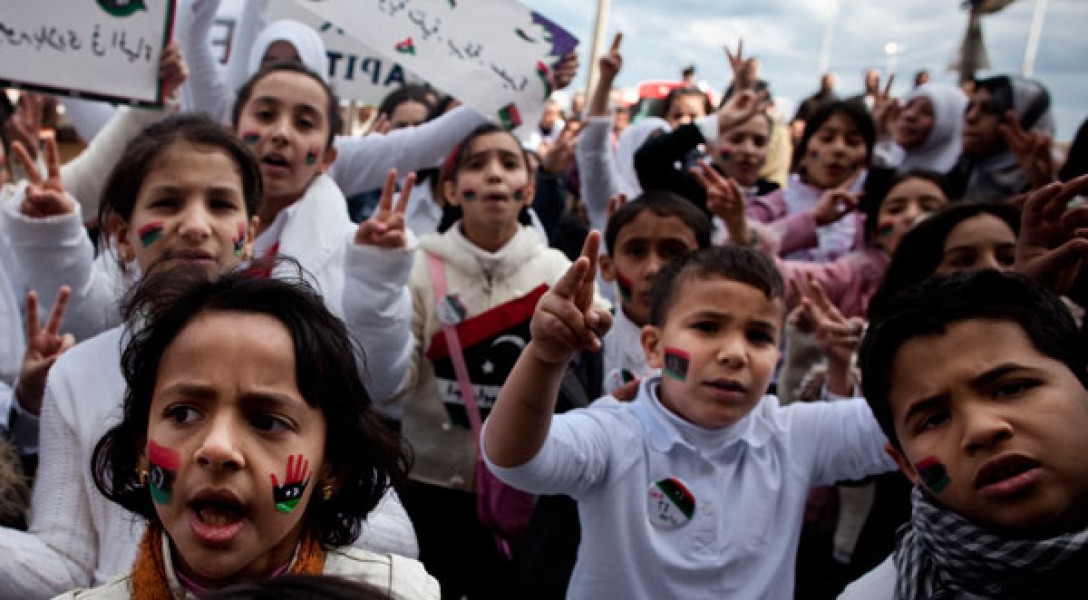Recognizing children and youth as a special category of victims, acknowledging them as citizens, and understanding their unique needs are critical to breaking inter-generational cycles of abuse and impunity. Children and youth are also among the most vulnerable to the effects of conflict and gross human rights violations. Violations such as attacks on schools, forced recruitment, sexual violence, displacement, and lack of access to health care, have long-term impacts that can limit young people’s futures. Conflict and repression affect children in specific and enduring ways because they experience them in their formative years and are more vulnerable. To have the full picture of what happened, who was harmed, and how it continues to affect people’s lives, the voices of children and youth must be acknowledged and heard. Young people “have the right to express their views in all matters that affect them, in accordance with their age and maturity,” as stated in Convention on the Rights of the Child.
Around the world, transitional justice processes have been made more meaningful by the active and informed engagement of young people. As the next generation of leaders, professionals, parents, community members, and voters, youth are a key constituency responsible for consolidating the new political order, building democratic values, and sustaining peace. Engagement in transitional justice efforts inspires a sense of responsibility and a spirit of activism among young people. They often go on to advocate for accountability and reform and to help build a society committed to sustainable peace and human rights.
ICTJ has been at the forefront of building global recognition for the role that young people play in transitional justice. ICTJ’s work informed the 2018 progress study on youth, peace, and security for UN Security Council Res 2250, which calls for the meaningful engagement of youth in transitional justice efforts. At the UN Security Council’s open debate on transitional justice, member states named the inclusion of youth as a key factor in the success of transitional justice processes. Citing ICTJ’s work, the representative of Lebanon stated, “Youth should be given the important role that they deserve to have in transitional justice, as agents of change.”
